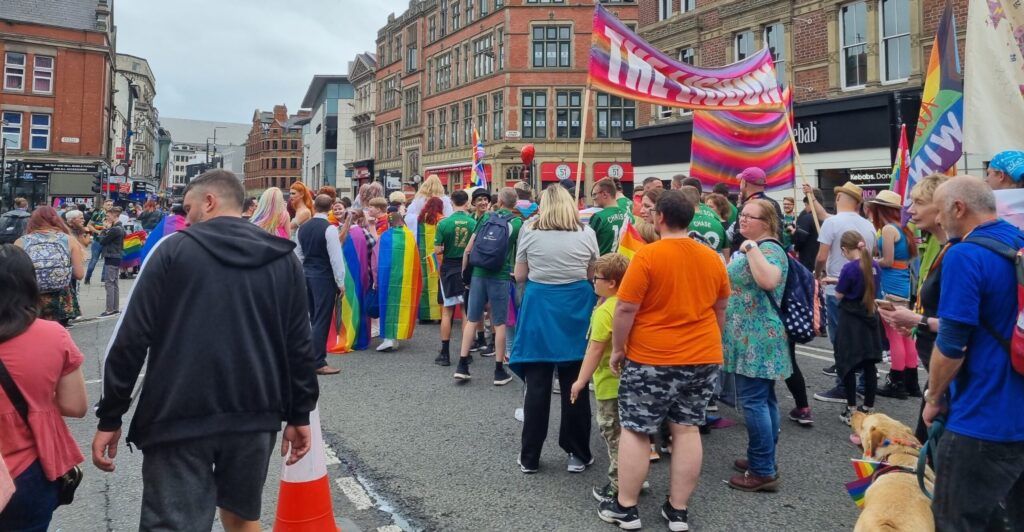
The act of ‘coming out of the closet’ is a major milestone for many LGBTQ+ people across the globe. It’s an expression that’s recognised as someone declaring their gender identity or sexuality openly.
In 2020, a survey by the Home Office estimated that around 1.65m people in the UK identified as gay, lesbian or bisexual.
The first National Coming Out Day happened in the US in 1988, and it has since gone on to be recognised internationally. It’s a day for members of the LGBTQ+ community to celebrate and reflect their choice to be open about their gender identity or sexuality. Some people take it as a chance to come out entirely.
“Sharing coming out stories can help people feel apart of a community and be a source of support wherever an individual is on their coming out journey.”
Not everyone gets a chance to ‘come out’. Factors preventing this include discrimination at work or difficulties at home that could lead to them becoming the target of homophobic or transphobic violence.
In a poll conducted by YouGov in 2021, 67% of Britons responded that they would be ‘very supportive’ if a family member came out as gay, lesbian or bisexual.
Despite this, the Home Office have reported a substantial rise in hate-crimes against LGBTQ+ individuals have increased in recent years.
The LCR Pride Foundation also hosts its annual Liverpool Pride event each summer, an event which has been running since 2010. There are also Pride events hosted in Southport and Preston.
If you’re curious and want to learn more about Liverpool’s LGBTQ+ history or the work that GYRO do, information can be found at the Liverpool Museums website.
Featured image © Katie Smith









